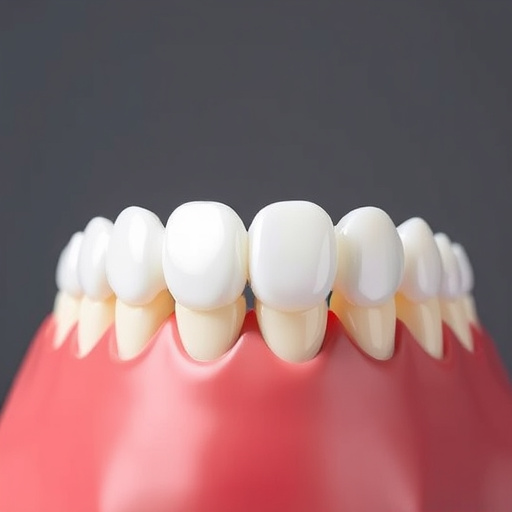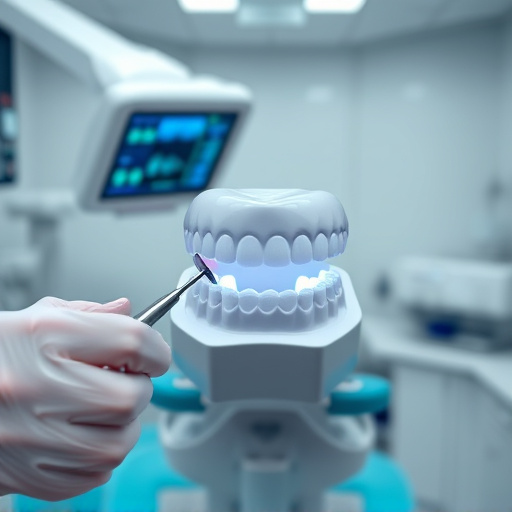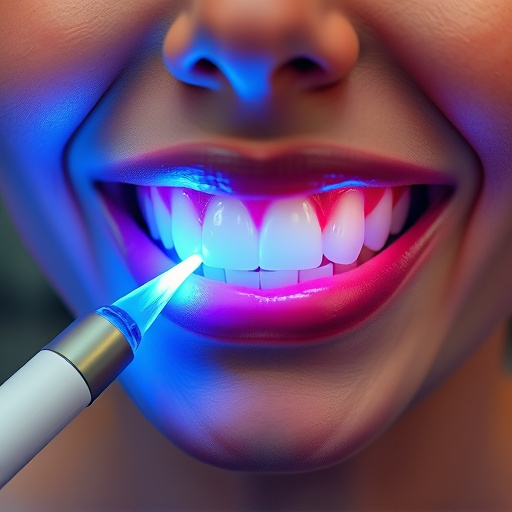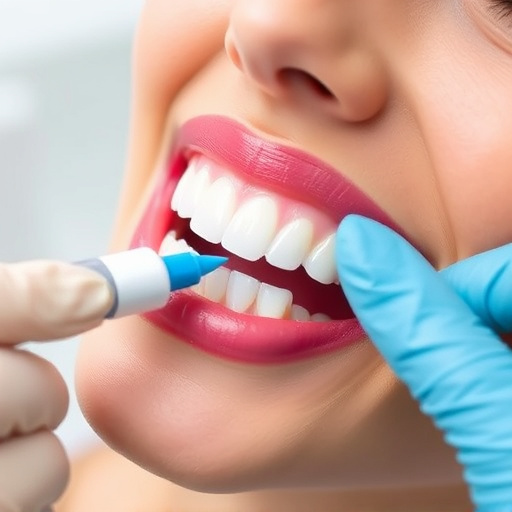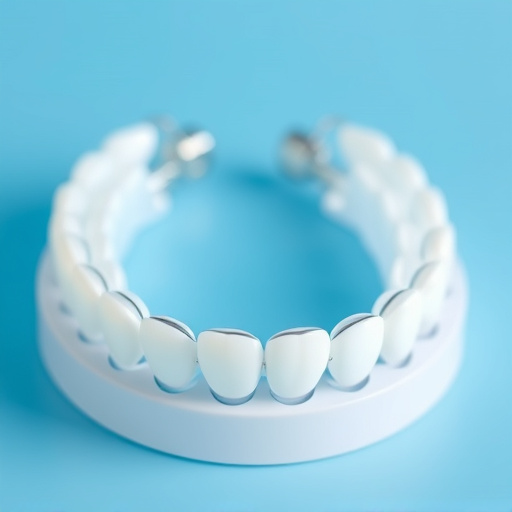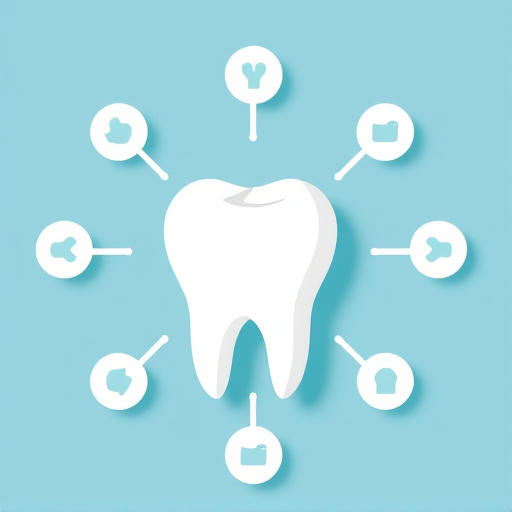All on Four dental implants provide a fast, less invasive way to replace multiple missing teeth, offering stability for immediate chewing and speaking, bone preservation, and reduced treatment time. However, suitability depends on medical conditions and bone density, with higher costs and specialized care requirements. Conventional implants may be needed for complex cases requiring bone regeneration over multiple surgeries. Choose based on specific oral health needs.
“Considering All-on-Four dental implants? This comprehensive guide explores how this innovative solution stacks up against traditional dental implant options. From understanding the fundamentals of All-on-Four implants to weighing their advantages and disadvantages, we demystify this procedure.
We’ll help you navigate the choice between All-on-Four and conventional implants, empowering you to make an informed decision based on your unique needs and preferences.”
- Understanding All on Four Dental Implants
- Advantages and Disadvantages Compared to Traditional Options
- Choosing Between All on Four and Conventional Implants
Understanding All on Four Dental Implants

All on Four Dental Implants represent a groundbreaking approach to oral restoration, offering a comprehensive solution for those seeking to replace multiple missing teeth. This advanced technique involves strategically placing four dental implants into the jawbone to support a full set of dentures, bridges, or crowns. Unlike traditional options that may require multiple implants or costly and time-consuming procedures, All on Four provides a more streamlined and efficient method.
The key advantage lies in its ability to preserve bone density by utilizing the existing jawbone for support, reducing the need for bone grafting. This makes it an ideal choice for individuals with inadequate bone structure, often requiring emergency dental care or seeking long-term comprehensive dental care solutions. The All on Four system is designed to enhance comfort and functionality, providing a permanent and stable solution for patients who want to regain their smile and chewing confidence.
Advantages and Disadvantages Compared to Traditional Options

All on Four dental implants offer several advantages compared to traditional options like single tooth dentures or multiple implant setups. One significant benefit is their stability—the four implants provide a solid foundation, enabling patients to chew and speak with confidence from day one, unlike traditional dentures that may require a period of adjustment. Additionally, they preserve bone structure better over time, as opposed to tooth extractions, which can lead to bone loss due to the removal of natural teeth’ roots. All on Four implants also minimize the number of surgeries needed, as they are often placed in a single procedure, reducing overall treatment time and patient discomfort.
However, there are considerations. These implants may not be suitable for everyone, especially those with certain medical conditions or inadequate bone density. Unlike regular dental cleanings, the maintenance of All on Four implants requires specialized care due to their intricate design. While they offer improved comfort and functionality over traditional dentures, they come at a higher cost, making them less accessible for some patients. Moreover, in cases where teeth extractions are still required as part of the procedure, it’s important to remember that these steps are necessary for long-term oral health and ensuring successful implant integration.
Choosing Between All on Four and Conventional Implants
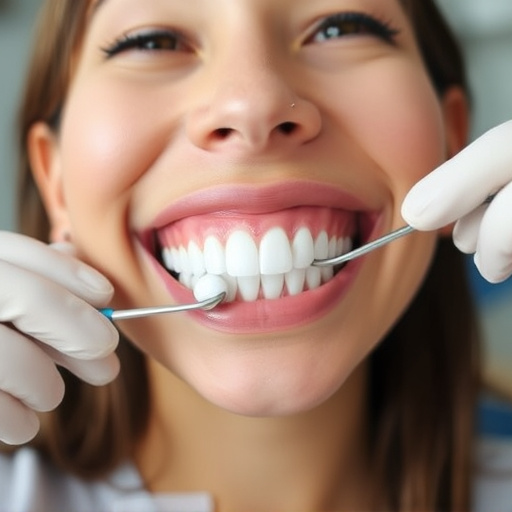
When considering dental restoration options, the choice between All on Four dental implants and conventional implants can be a complex decision. Both approaches offer solutions for tooth loss, but they have distinct characteristics and advantages.
All on Four dental implants are a modern alternative that involves placing four strategically positioned implants to support a full set of dentures. This method is appealing due to its efficiency—a single procedure can restore all teeth—and the minimal bone grafting required compared to conventional implants. In contrast, traditional implants often necessitate multiple surgeries, including tooth extractions and bone grafts, over a more extended period. General dentistry professionals often recommend All on Four for patients seeking a quicker, less invasive solution, while conventional implants might be suitable for complex cases requiring extensive bone regeneration. Dental bonding techniques can complement these treatments, enhancing stability and aesthetics.
All on Four dental implants offer a compelling alternative to traditional implant solutions, with their streamlined process and advanced technology. While they have distinct advantages like reduced procedure time and fewer surgical sites, they also present considerations such as higher upfront costs and specific maintenance requirements. Ultimately, the choice between All on Four and conventional implants depends on individual needs, budget, and oral health. Consulting a dental professional is crucial to determining the best fit for achieving long-lasting, natural-looking smiles.


